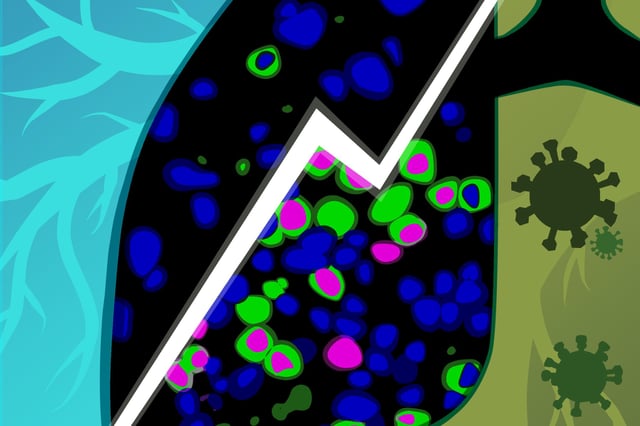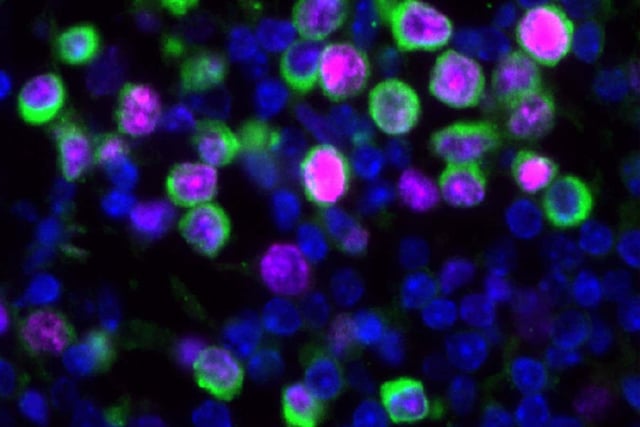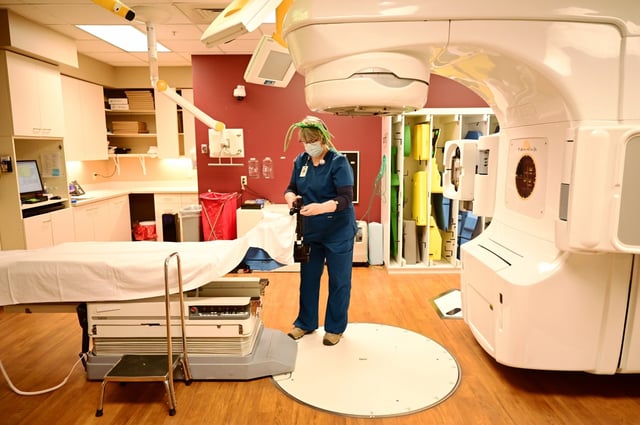Overview
- In mouse models, SARS-CoV-2 or influenza infections drove a 100- to 1,000-fold expansion of dormant breast cancer cells in the lungs within weeks
- Analyses of the UK Biobank and Flatiron Health cohorts found that COVID-19 raised cancer mortality odds by 85% (OR 1.85) and lung metastasis hazard by 44% (HR 1.44) among survivors
- Molecular analyses revealed that interleukin-6 drives dormant cell awakening and that reactivated cells establish CD4+ T cell niches to evade CD8+ – mediated elimination
- The greatest increase in cancer deaths occurred in the first few months after infection, mirroring the rapid metastatic growth seen in animal experiments
- Teams are pursuing IL-6 inhibitors and other immunomodulatory strategies alongside vaccination campaigns to mitigate this newly recognized metastatic threat



